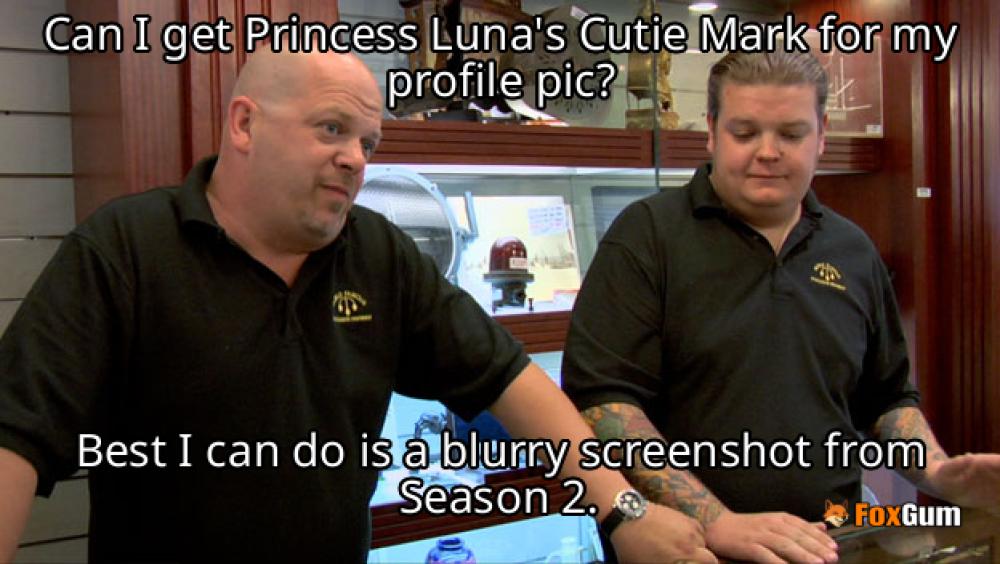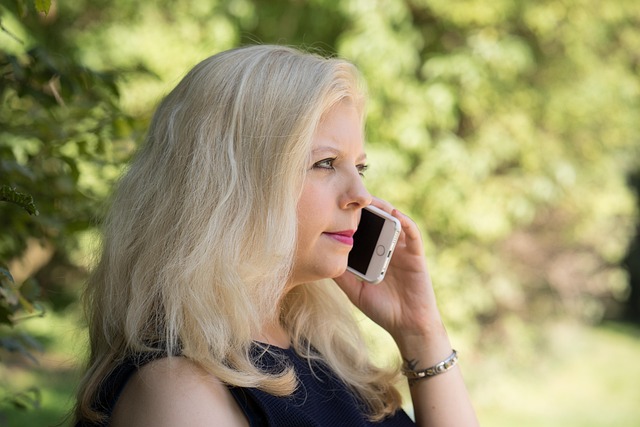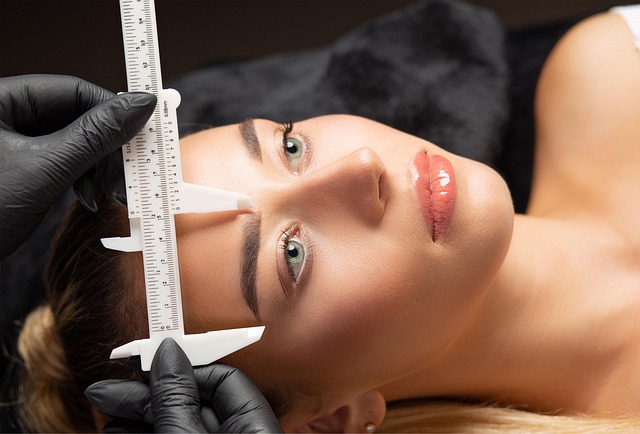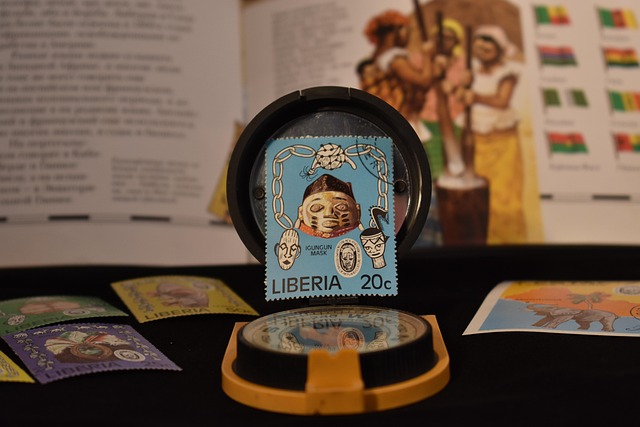
What is Scalp Psoriasis?
Alright, folks, let’s dive into the world of scalp psoriasis—where your scalp throws a party, and you didn’t even RSVP! 🎉 Scalp psoriasis is a skin condition that causes red, flaky patches that can look like they’re auditioning for a role in a horror movie. These patches can range from fine scales that resemble dandruff to thick, crusty plaques that make you feel like a walking snow globe. ❄️
Symptoms to Look Out For
So, what should you be on the lookout for? Here’s a quick rundown:
- Red or Purple Patches: These can pop up on your scalp, and depending on your skin tone, they might look like a Jackson Pollock painting gone wrong.
- Itching and Burning: If your head feels like it’s auditioning for a fire-breathing dragon role, you’ve got a problem.
- Dry Scales: Think of them as the confetti left over from a party you didn’t want to have in the first place.
- Hair Loss: Because who doesn’t want to add a little drama to their hairline? 🙃
Why Does This Happen?
Now, you might be wondering, “Why me?!” The truth is, scalp psoriasis can be a sneaky little devil. It’s often linked to inflammation in the body and can even lead to psoriatic arthritis. Yup, that means one in three people with psoriasis might also find themselves dealing with some joint pain. Ain’t that a kick in the pants? 🦵
How to Tackle Scalp Psoriasis
While there’s no magic cure (sorry, wizards), there are ways to manage it like a boss:
- Medicated Shampoos: Go for shampoos with coal tar or salicylic acid. They’re like the bouncers at the club of your scalp, kicking out the unwanted guests.
- Topical Treatments: Creams containing corticosteroids can help reduce inflammation. Slap that on like it’s sunscreen before a beach day!
- Light Therapy: Some folks swear by this. It’s like a spa day for your scalp, minus the cucumber slices on your eyes.
- Stay Hydrated: Drink water like you’re a camel in the desert. Hydration is key, my friends! 💧
Final Thoughts
Scalp psoriasis might feel like the unwanted guest that just won’t leave, but with the right treatment, you can take control. Don’t be afraid to chat with a dermatologist who can help you find a game plan that works for you. And remember, you’re not alone in this battle. Let’s keep the convo going—who else has had to deal with this pesky condition? Drop your tips below! 💬

















 Slipping Through My Fingers
Slipping Through My Fingers 
 Health
Health  Fitness
Fitness  Lifestyle
Lifestyle  Tech
Tech  Travel
Travel  Food
Food  Education
Education  Parenting
Parenting  Career & Work
Career & Work  Hobbies
Hobbies  Wellness
Wellness  Beauty
Beauty  Cars
Cars  Art
Art  Science
Science  Culture
Culture  Books
Books  Music
Music  Movies
Movies  Gaming
Gaming  Sports
Sports  Nature
Nature  Home & Garden
Home & Garden  Business & Finance
Business & Finance  Relationships
Relationships  Pets
Pets  Shopping
Shopping  Mindset & Inspiration
Mindset & Inspiration  Environment
Environment  Gadgets
Gadgets  Politics
Politics 